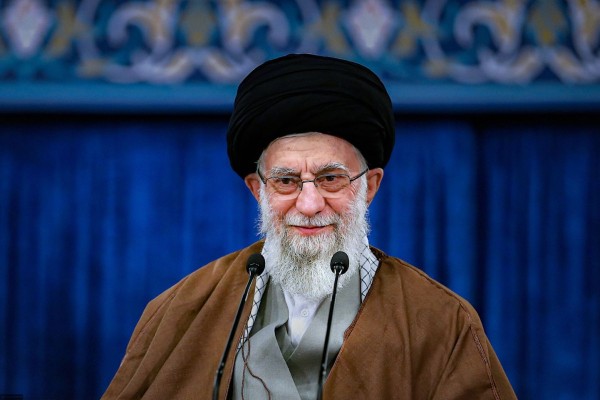“Finlandization”. a pejorative term immediately identified with a small country forced into a subservient geo-political relationship with an aggressive (at least perceived to be menacing) neighbour, is in reality unfair tgo Finland. Attacked by the USSR in 1939, Finland fought the Winter War and the Continuation War against the Soviet Union and suffered 90,000 in casualties. It however inflicted severe casualties on the Russians (320,000 dead) and lost 10% of its territory. The Finns, horrednsously outnumbered, actually fought the Red Army to a draw and then managed to preserve their fragile independence for a tricky 40 thereafter until the USSR imploded in1991.
But “Finlandization” has been used in reference to Russia’s intent in limiting the foreign policy options and sovereingty of countries in its immediate neighbourhood. Moscow was openly hostile to any move by Ukraine to shift westward and to build closer ties with NATO and the EU. Kiev’s current leadership has no overt intention in this regards.
Russia’s stance has been clear since its 2008 war with Georgia. Its territory of “privileged interest” consists of countries such as Moldava, Belarus, and Ukraine and Georgia and the west is expected to tacitly agree that the latter states lack the right to independently establish their place on the international political and security landscape.
No Western capital has openly endorsed such a concept. But it has been noticed that some Western politicians are suggesting a form of “Finlandization” be a viable option for countries within the Moscow-defined sphere of interest. Some would claim this to be a pragmatic compromise. (Access to energy would be a logical sub-conscious motivator.)
With the USA preoccupied wsith Afganistan, Iraq and the Middle East, the principle’s of the 1990 Charter of Paris and its successors are easily forgotten. That charter and others explicitly guaranteed the rights of countries to determine their own foreign and domestic paths. Cold war notions of sphere of influence and limited sovereignty were rejected.
But symptoms of “Finlandization” can be found in issues other than those immediately associated with the concept. Moscow has been systematically propagandizing the necessity for the Russian language to be given official language status in at least Estonia and Latvia. This campaign has for the most part been applied through local Russian community groups.
In Finland the question of heritage language education has been adopted by the government years ago to accommodate the huge influx of Russians especially in eastern Finland. It has shown due deference to maintaining minority cultures and the heritage language of immigration groups. There are approximately 48,000 people in Finalnd with Russian as their mother tongue.
While contemporary issues with Russia pertain to topics such as airspace vioilations, pollution of the Baltic Sea, border crossing delays causing massive truck back-ups on the Finnish side and Russian duties on lumber exports to the Finnish pulp and paper industry, the call for Russian as an official state language in areas with relatively high Russian populations has not caused a nation-wide outcry. (Swedish officially designated for generations as a state language, makes Finland a bilingual country already.)
“Finlandization” is mostly used to depict Russia’s attempts to hinder its neighbours’ integration with Western international organizations. But the term could also be used to describe a large neighbour’s intimidaton on mundane issues such as language policy, multiculturalism etc. “Finlandization” unfortunately has not remained as an historical anachronism.

Editorial: “Finlandization” – Humiliation for Finland, a friendship spoiler for Russia (II)
Arvamus
TRENDING
























